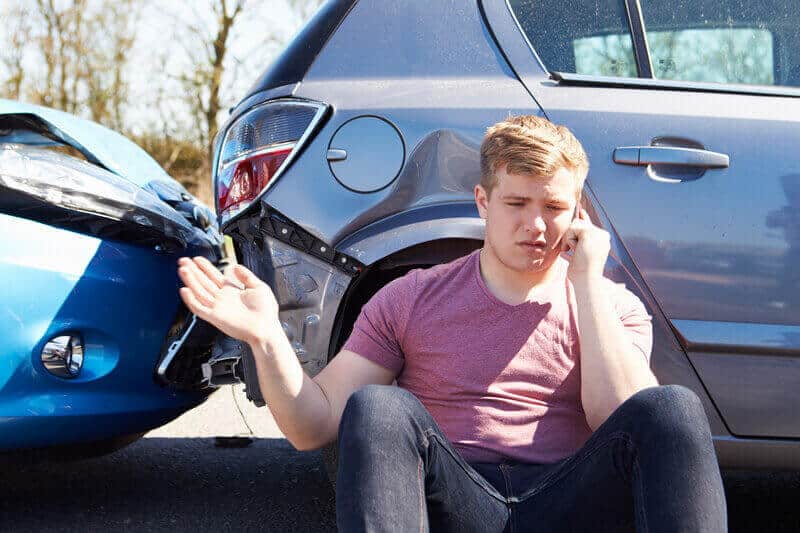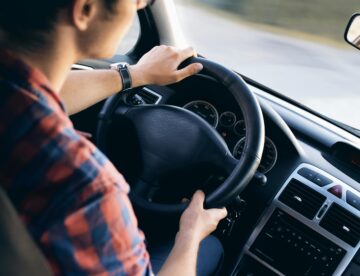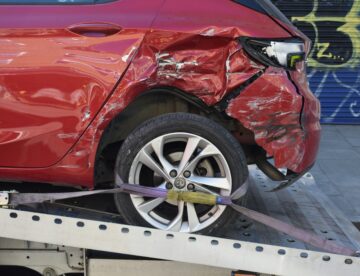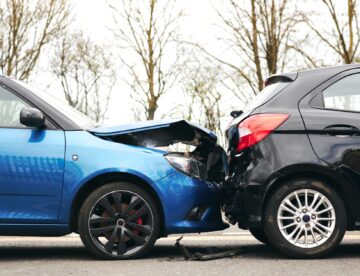
Imagine driving along and someone hits you lightly on the back of your car, causing a car accident. You both get out of your cars and assess the damage. It looks really minor, just a scratch or two on each car. The other driver laughs it off and says that it’s no big deal. If you’re okay, they’re okay. You drive off, feeling glad you didn’t have to go through that insurance nonsense.
Suddenly, a police car stops you. You pull over and the police officer says that they are arresting you for fleeing the scene of an accident—a misdemeanor. Only too late, you realize you trusted a complete stranger—and they reported you to the police as a hit and run driver who sustained vehicle damage and injuries that was your fault.
While this may be a rare scenario, it’s not impossible either. The potential danger of such a personal injury case illustrates the lesson that you need to protect yourself by properly reporting a car accident. In nearly all situations, here is what you need to do.
Get an accident report from the police if you or another driver sustained injuries.
Without an accident report, a word of mouth agreement means nothing. For you, what if your injuries aren’t apparent at first and only noticeable after a few days? This often happens because you’re full of adrenaline right after an accident, which numbs your sense of pain. Without a police report, the other driver can deny that the accident happened.
A police report does several important things to help you, no matter who is at fault.
- Provides a legal, objective description of the accident. A police report is authoritative and outlines exactly what happened. An insurance company or court can’t really argue much about an accident report.
- Collects everyone’s contact information. This includes any drivers and witnesses involved in the accident.
- Makes argumentative drivers cooperate. If someone gets angry at you and won’t calm down, the police will handle them.
Always report any accident with vehicle damage to your insurance company.
For an accident with vehicle damage but without injuries, report it to your insurance company without fail. Never leave the scene of an accident with vehicle damage on a verbal agreement with the other driver. They can later deny that the accident happened, lie about key details of the accident, and even accuse you of a hit and run. In many cases, you’ll get stuck with a bill of hundreds or even thousands of dollars that insurance companies won’t help pay.
Collect detailed contact and insurance information from the other driver (including address and phone number). Don’t forget to also take down their license plate number and driver’s license number. As the insurance companies get involved, assessors will likely look at vehicle damage and assess costs.
—
So, in general, err on the side of reporting an accident to police and your insurance company. For a quick rule of thumb:
- ALWAYS report an accident to police if people sustained injuries.
- ALWAYS report an accident to your insurance company if vehicles sustained potentially costly damage.
- SOMETIMES report an accident involving only you in which you damage your vehicle.
If you are in any accident and are injured, call us for assistance in your case. We have car accident lawyers in the following locations:









